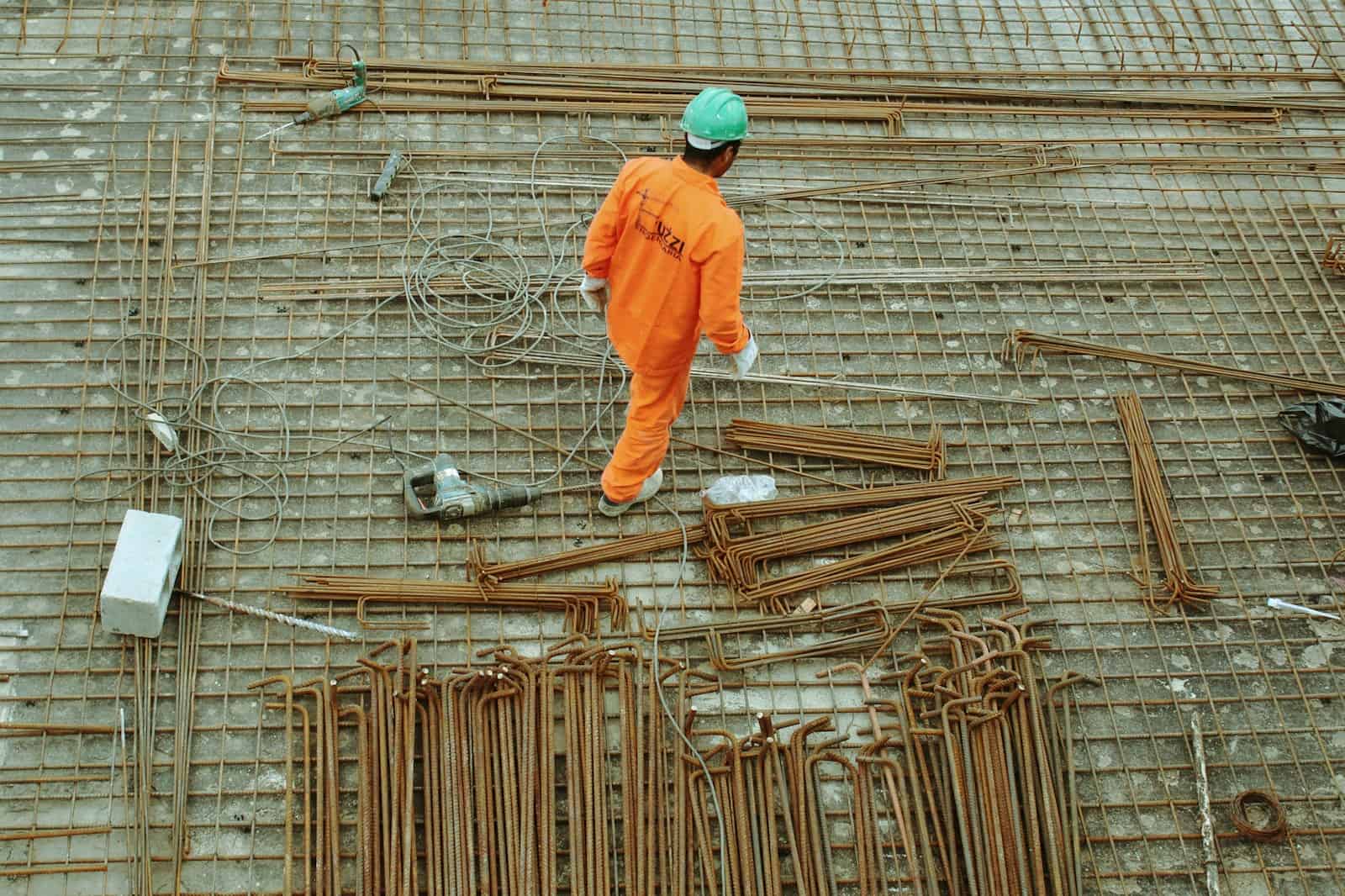Key Takeaways:
- Cast iron pipes require occasional maintenance to prevent buildup and ensure functionality.
- Being alert to scale signs can prevent extensive damage and costly repairs.
- Professional descaling services offer comprehensive solutions for pipe maintenance.
- There are environmentally conscious descaling methods available for eco-savvy consumers.
- Choosing a qualified and reliable plumbing service is crucial for effective descaling.
The Basics of Cast Iron Pipe Maintenance
Cast iron pipes are essential for domestic plumbing due to their durability. However, scale accumulation can cause clogs and impaired water flow, leading to costly repairs or replacements. Descaling is a crucial practice to revitalize pipes and maintain optimal operation. It extends the pipes’ physical life and prevents debris buildup, which can lead to emergency plumbing disasters. Pipe descaling involves mechanical or chemical interventions, and early detection can lead to uninterrupted service and mitigate system damage risks.
Recognizing the Signs of Scale Accumulation
Scale buildup, primarily composed of calcium and magnesium minerals, can cause water issues in cast iron pipes. Symptoms include drops in water pressure, gurgling noises, and water backing up. Professional plumbers can detect scale by using cameras and inspection tools. Addressing scale issues promptly can reduce damage and cost. Homeowners should be vigilant for changes in their plumbing system’s performance, as identifying and responding efficiently can save time and money.
Benefits of Professional Descaling Services
Descaling services are essential for tackling pipe scale, providing a holistic approach with advanced tools and techniques. Professional plumbers use high-pressure jets or descaling machines to clear calcified deposits, restoring full pipe functionality and preventing future buildup. The cost of professional services is less than severe damage or complete pipeline replacement, as regular descaling sessions can avoid such issues and ensure a home’s plumbing system remains reliable over time.
Descaling Methods and How They Work
Descaling methods vary depending on the situation. Mechanical descaling involves physically cutting scale away from pipe walls but may not be suitable for all systems. Chemical descaling uses specific chemicals to dissolve scale deposits without compromising pipe integrity. A plumbing professional is recommended to determine the best approach based on pipe system characteristics, scale severity, and potential environmental impact.
What to Expect During a Professional Descaling Service
Selecting a reputable plumber with licensing, a proven track record, and positive customer testimonials is crucial for a professional descaling service. They assess scale extent, use machinery and solutions, and may cause noise. Clearing the work area before service can streamline the process and return to normal household operations.
Preventative Measures to Minimize Scale Buildup
To prevent scale formation, homeowners can install water softeners and point-of-entry water filter systems. Regular flushing, avoiding oil and grease, and being aware of pipe contents are crucial maintenance measures. Proper plumbing care and regular inspections can help detect and resolve potential scale buildup, preserving the system’s efficacy for years.
The Environmental Impact of Pipe Descaling
The choice of descaling method is crucial for environmental protection, as traditional methods often use harmful chemicals. The plumbing industry is adapting to green solutions, including biodegradable, non-toxic chemicals and advanced mechanical cleaning methods. This shift towards sustainability makes eco-friendly plumbing services essential for homeowners to reduce their ecological footprint.
How to Choose the Right Plumbing Service for Descaling
Selecting a qualified plumbing service for descaling pipes requires a thorough evaluation, including qualifications, recommendations, and reviews. Asking about experience and references can ensure reliability. Additional resources can provide further information on extending pipe life and plumbing technology.




